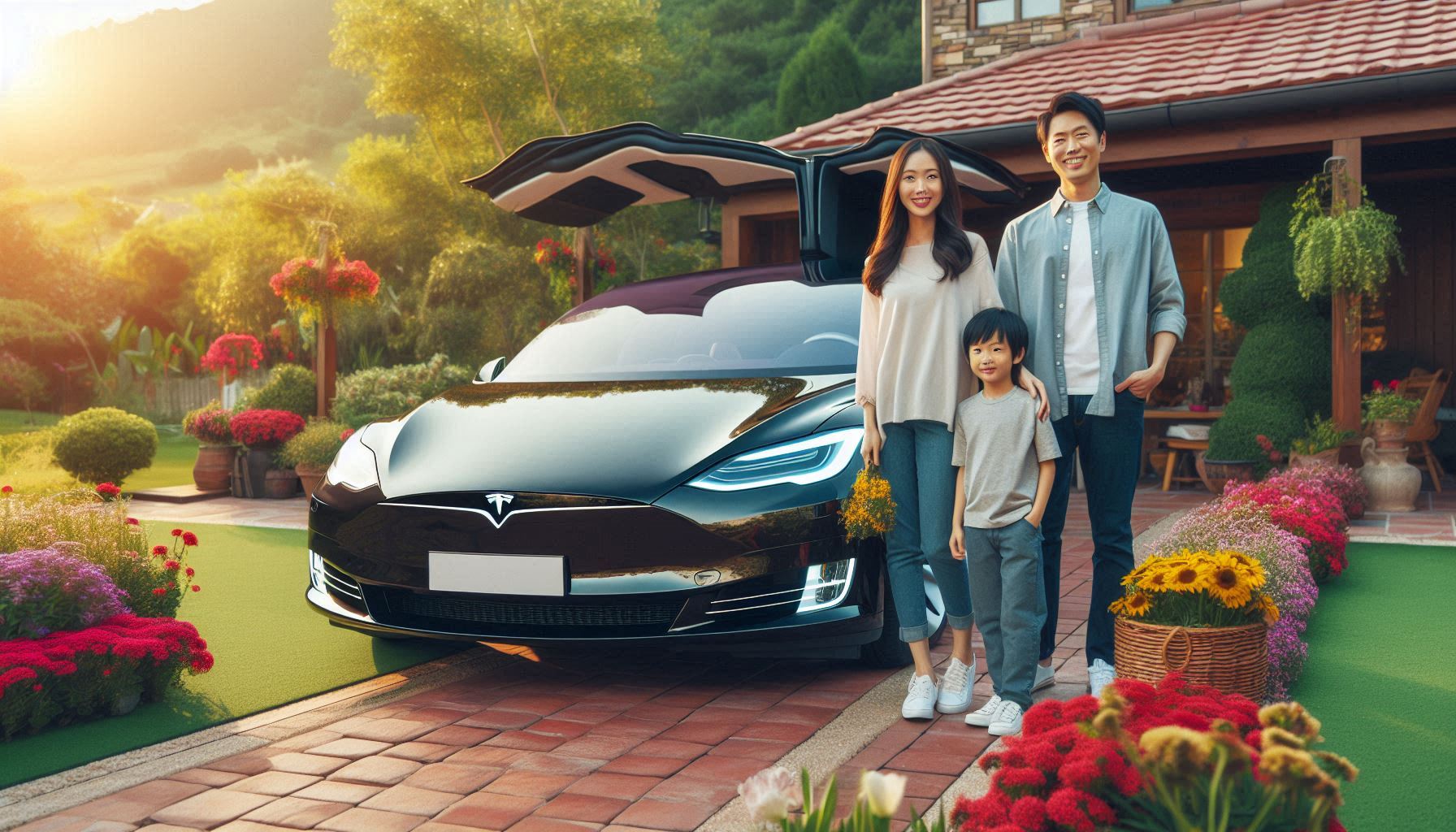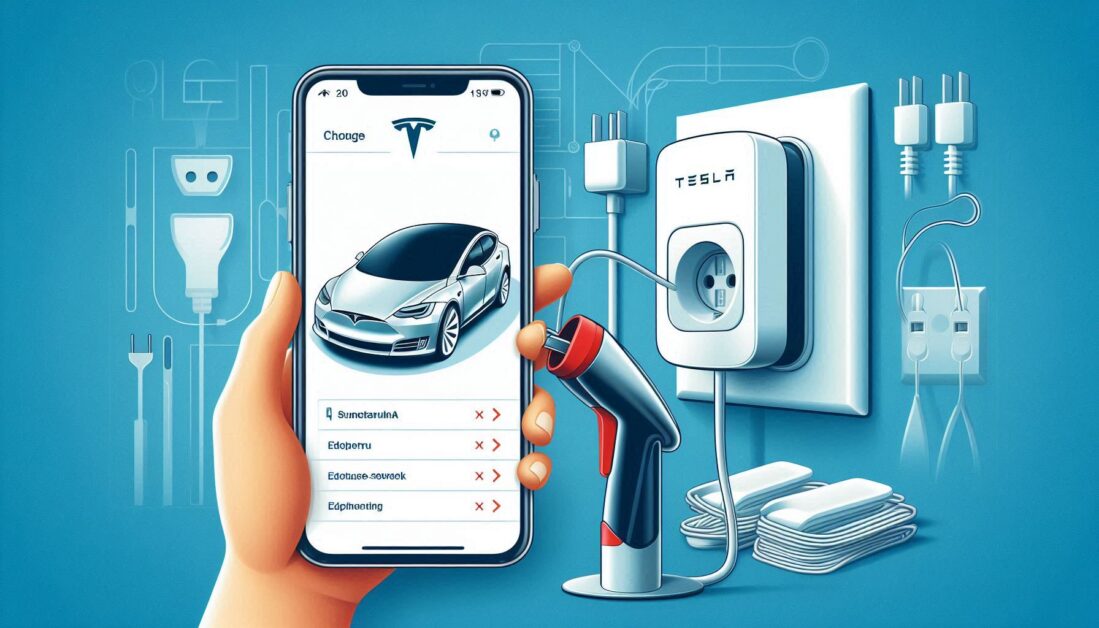Tesla has become synonymous with electric vehicles (EVs) and innovation, known for groundbreaking technology and sleek design. But when it comes to reliability, opinions can be mixed. Are Tesla cars dependable for daily driving, or do they come with significant drawbacks? Let’s break down the key aspects that determine Tesla’s reliability and what prospective buyers should consider.
1. Overview of Tesla’s Reputation
Tesla has gained a loyal following and has been a driving force in the shift toward sustainable transportation. With cutting-edge features like Autopilot and frequent software updates, Tesla stands out from traditional automakers. However, reliability encompasses more than just technology—it includes build quality, durability, maintenance costs, and overall performance consistency.
2. Evaluating Tesla’s Build Quality
2.1 Initial Quality Assessments
Early versions of Tesla models, such as the Model S and Model X, faced criticism for inconsistent build quality. Some buyers reported issues like misaligned panels, paint defects, and squeaky interiors. While Tesla has made strides in improving these aspects, there are still reports of minor quality concerns in newer models.
2.2 Improvements Over Time
With increasing experience and manufacturing scale, Tesla has improved its production methods. Newer models, such as the Model 3 and Model Y, have shown better build quality, although occasional reports of fit and finish problems persist. Tesla continues to refine its assembly processes, addressing many past complaints.
3. Mechanical Reliability and Durability
3.1 Electric Powertrain Advantage
One significant advantage of Tesla cars—and EVs in general—is the simplicity of their powertrains. Unlike internal combustion engines, electric motors have fewer moving parts, reducing the likelihood of mechanical failure. This simplicity translates to a reduced risk of breakdowns and lower long-term maintenance costs.
3.2 Battery Performance and Longevity
The battery is the heart of any electric vehicle. Tesla is known for its advanced battery technology, boasting impressive ranges and efficient energy usage. Most Tesla vehicles come with an 8-year battery warranty, which adds confidence for buyers. Real-world data shows that Tesla batteries can last hundreds of thousands of miles with minimal degradation, although charging habits and environmental factors can influence battery life.
4. Software Reliability
Tesla’s vehicles are known for their sophisticated software systems, which can control everything from climate settings to self-driving capabilities. Regular over-the-air (OTA) updates keep Tesla models current with new features and bug fixes. However, software reliability can sometimes be a double-edged sword:
4.1 Benefits of OTA Updates
These updates can improve performance, add new functions, and resolve software issues without requiring a visit to the service center. This aspect is a major advantage that few other automakers can match.
4.2 Software Glitches
Despite its innovation, Tesla’s software can occasionally be glitchy. Owners have reported system reboots, touchscreen freezes, and connectivity issues. While these problems are often minor and fixable with updates, they can be inconvenient.
5. Safety and Crash Ratings
One of the strongest aspects of Tesla’s reliability is safety. Tesla vehicles consistently earn top marks in crash tests conducted by organizations like the National Highway Traffic Safety Administration (NHTSA). Features such as collision avoidance, automatic emergency braking, and advanced driver assistance systems contribute to their high safety ratings.
6. Cost of Ownership
6.1 Maintenance and Repairs
Tesla vehicles generally require less maintenance than traditional cars due to the absence of oil changes, spark plugs, and complex exhaust systems. Common maintenance tasks include tire rotations, brake pad checks, and software updates. However, when repairs are needed, they can be more expensive due to specialized parts and service.
6.2 Insurance Rates
Insurance for Tesla cars can be higher than average, mainly because of their advanced technology and higher repair costs. Tesla offers its own insurance in some regions, which aims to provide more competitive rates based on driving behavior.
7. Owner Satisfaction
Tesla frequently ranks highly in owner satisfaction surveys. Drivers appreciate the combination of cutting-edge technology, performance, and environmental benefits. Despite some reports of build quality issues or occasional software glitches, many Tesla owners remain loyal and recommend the brand.
8. Challenges Tesla Faces
8.1 Supply Chain Issues
Global supply chain disruptions and high demand can sometimes delay parts and service availability, impacting repair timelines and availability of new vehicles.
8.2 Growing Competition
As more automakers enter the EV market, Tesla faces growing competition from companies like Ford, BMW, and Volkswagen. These competitors often offer similar levels of performance and technology, which could influence buyer decisions based on reliability comparisons.
9. Future Outlook for Tesla’s Reliability
With continued advancements in manufacturing and software, Tesla aims to bolster its reputation for reliability. The company’s investments in gigafactories and research into new battery technologies like the 4680 cell suggest improvements in durability and cost-effectiveness for future models.
Conclusion
So, are Tesla cars reliable? The answer is nuanced. While Tesla vehicles have shown impressive mechanical reliability due to their simplified powertrains and innovative battery technology, some build quality issues and software glitches have impacted their reputation. Despite these factors, many owners find the overall experience—combining performance, safety, and tech—worth any occasional inconvenience. For those considering a Tesla, understanding these aspects can help make an informed decision.



